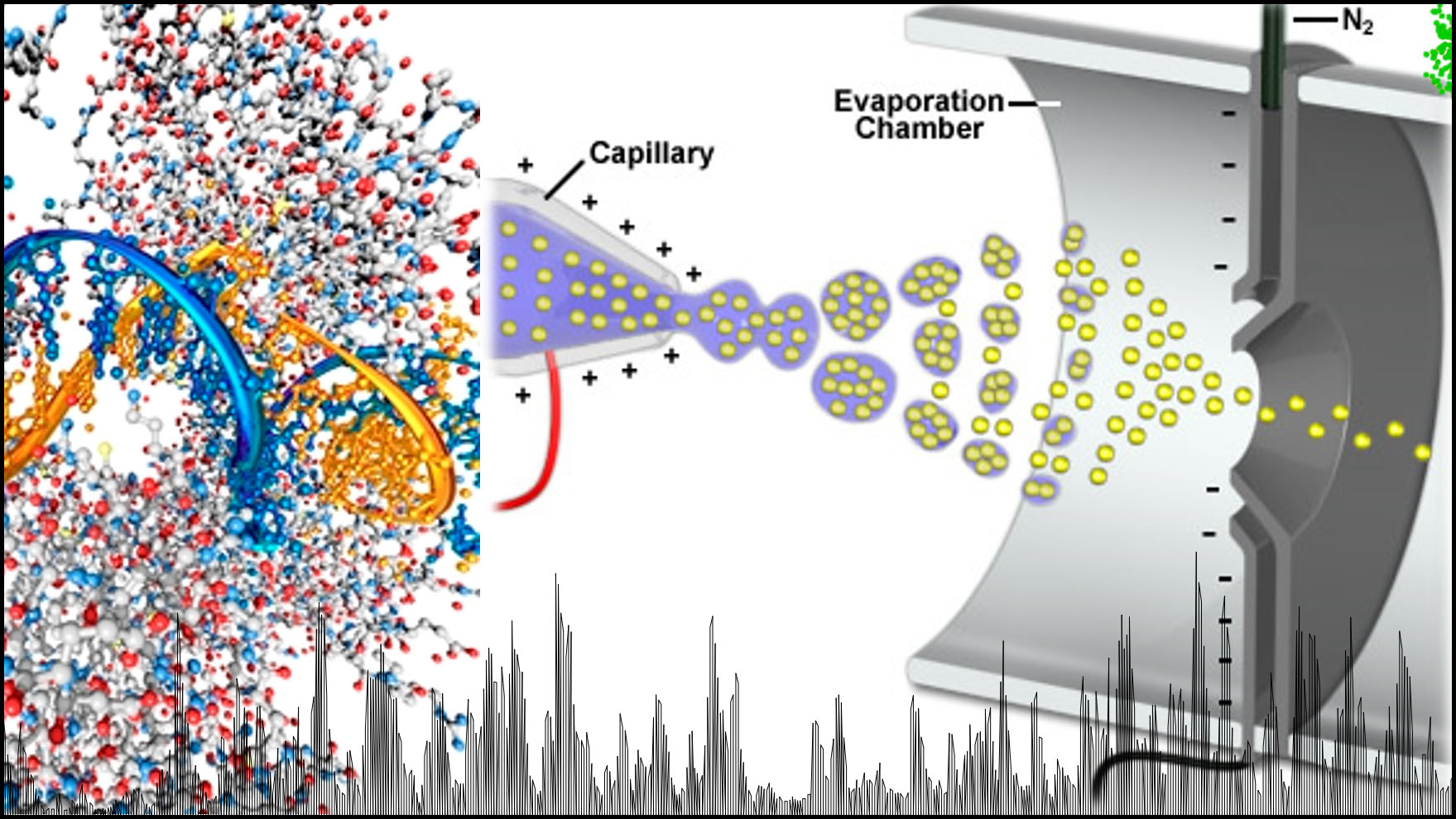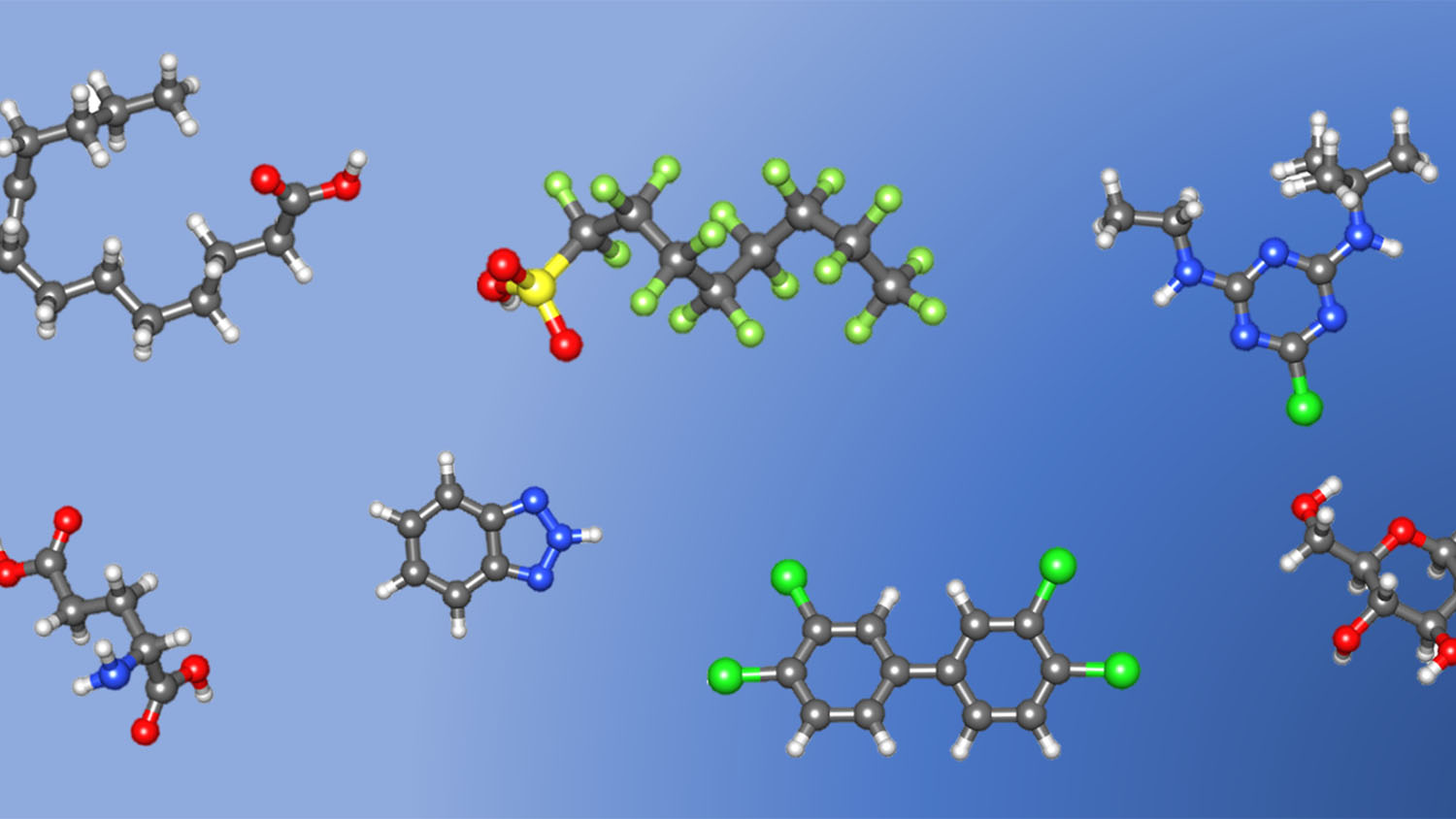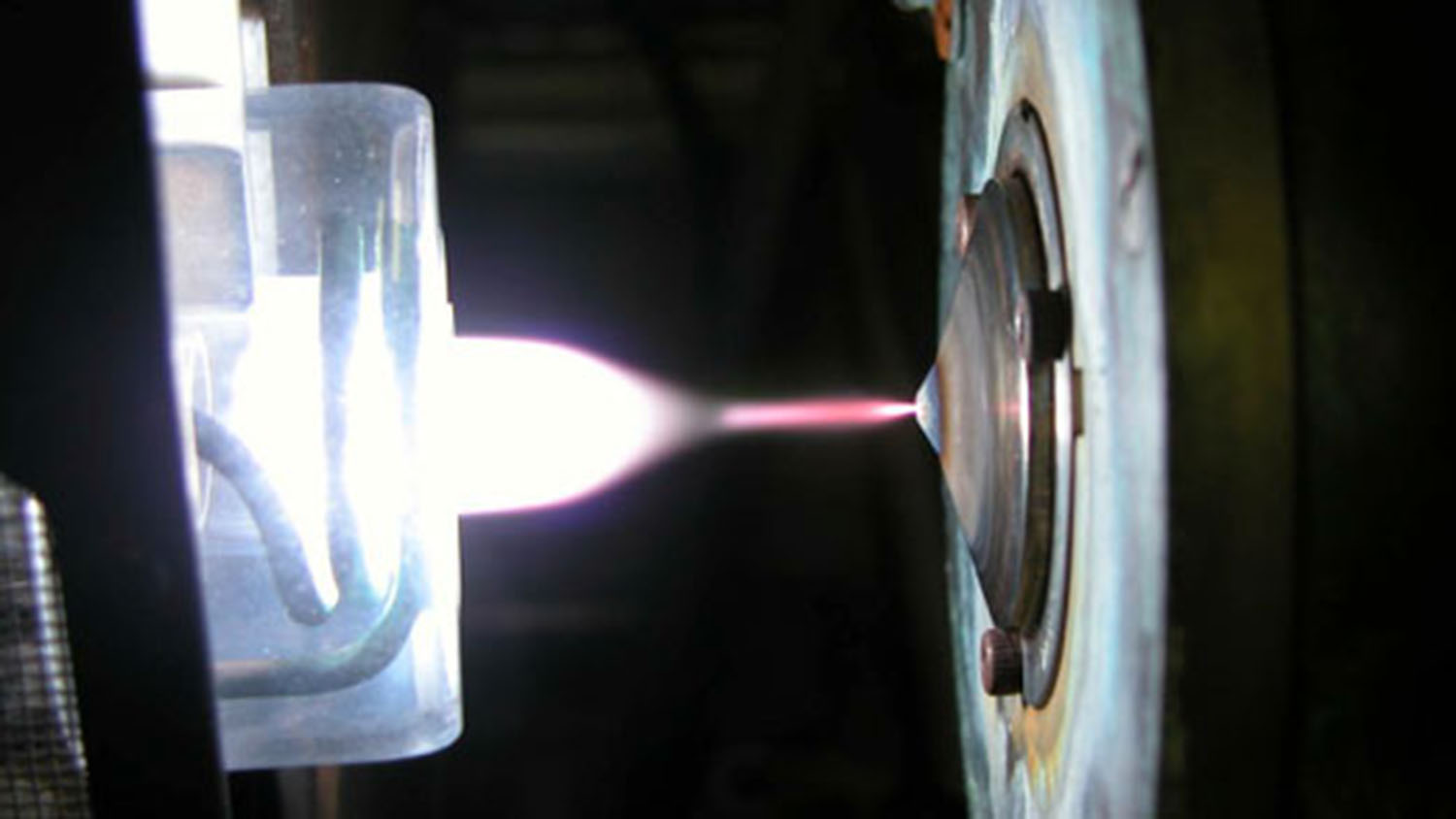Systems Technologies Core
Provides cutting-edge technologies and expertise involving genomics, metabolomics, metallomics, and proteomics.
Expertise in analytical techniques is essential to support CHHE’s mission to understand how human health is impacted by environmental factors and to implement this knowledge to reduce the adverse impacts.
The STC provides CHHE investigators with analytical expertise and state-of-art methodologies to create an integrative, mechanistic picture of the underlying effects of environmental exposures on human health.
These methodologies include: 1) genomics, epigenomics, and transcriptomics; 2) discovery and targeted proteomics; 3) discovery and targeted metabolomics including environmental toxicants; and 4) metallomics including metal speciation.
Expert navigators for each section of the STC provide expertise, guidance and consultation on experimental design.
Services & Support
Note: CHHE full members can now use STC Voucher Program funds for STC services that are part of a CHHE pilot project. For example, if a member is planning to use $10K for STC services in their pilot project then they would only need to include $5K in their budget and indicate the other $5K is being covered by the STC Voucher Program. The budget of PP remains capped at $25K but in effect with the voucher the member is receiving $30K. This is a bonus for CHHE full members.





